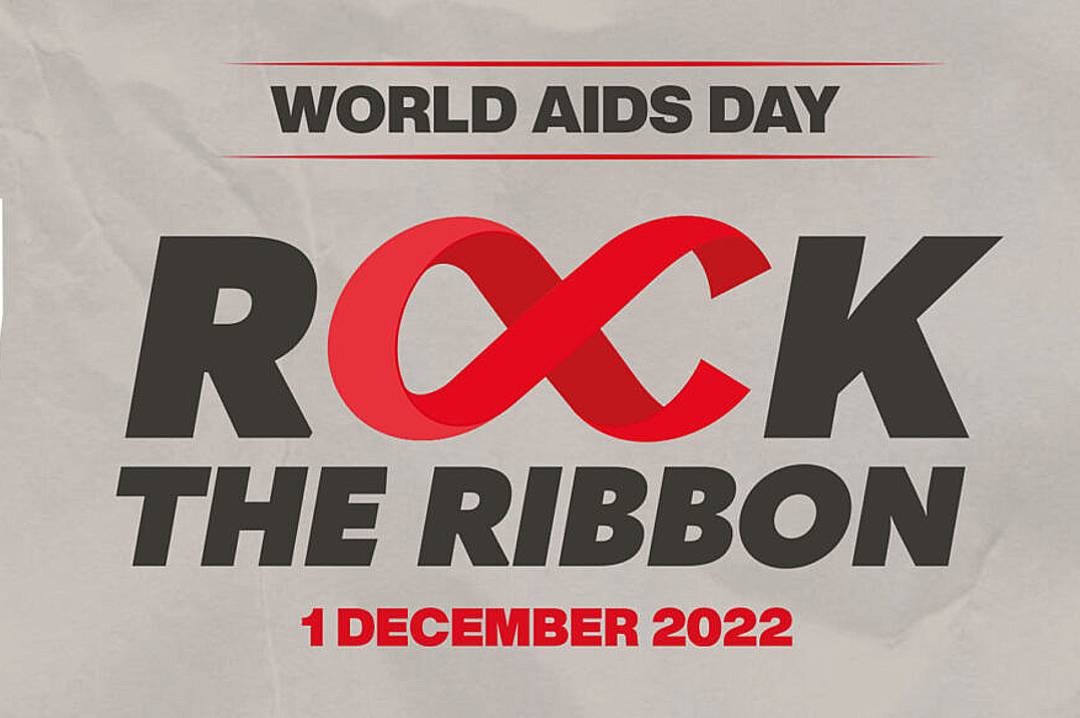Thursday 1 December is World AIDS Day.
This is a day to reflect on both the many lives (over 40 million) that have been lost to HIV/ AIDS worldwide over the last four decades, as well as to celebrate the huge advances that have been made in the prevention, diagnosis and treatment of HIV/AIDS during this period.
Dr Nick Kennedy, Lead Clinician for the NHS Lanarkshire Blood Borne Virus Prevention and Care Network, said: “HIV in the Scotland should now be regarded as a long-term condition that can be very successfully treated, although not cured, with modern medicines.
“A normal life-expectancy can be anticipated for most patients. As with most other medical conditions, early diagnosis is very important for prognosis and is a key factor in ensuring that people living with HIV can lead long and healthy lives.
“Early diagnosis is also very important for preventing the onwards transmission of HIV to others.Treatment as Prevention (TasP) is now recognised as one of our most effective HIV prevention interventions. We now know that a person with HIV who is on appropriate treatment and has a fully suppressed (undetectable) virus level in the blood will not pass their infection to another person. Undetectable = Untransmittable (U=U) is a simple but powerful evidence-based message.”
Dr Kennedy added: “HIV testing rates in Scotland need to increase to reduce the prevalence of undiagnosed HIV and ensure earlier diagnoses.
“The message that we are trying to convey is about the ‘normalisation’ of HIV testing – all doctors, nurses and midwives should be able to obtain verbal consent for an HIV test. Testing is straightforward and should be undertaken in a variety of settings in both primary and secondary care, not just in sexual health clinics.
“In broad terms it is appropriate to offer an HIV test to individuals with identified HIV risk factors (for example life-style or country of origin) or to individuals who present with certain signs, symptoms or conditions (‘clinical indicator conditions’) that are associated with an increased chance of underlying HIV being present – even if no obvious HIV risk factors have been identified.” Published UK guidelines provide more detail – see BHIVA/BASHH/BIA (2020) and NICE (2016).
The HIV team based at University Hospital Monklands and colleagues in sexual health services are happy to provide advice about HIV testing and HIV treatment and care.



